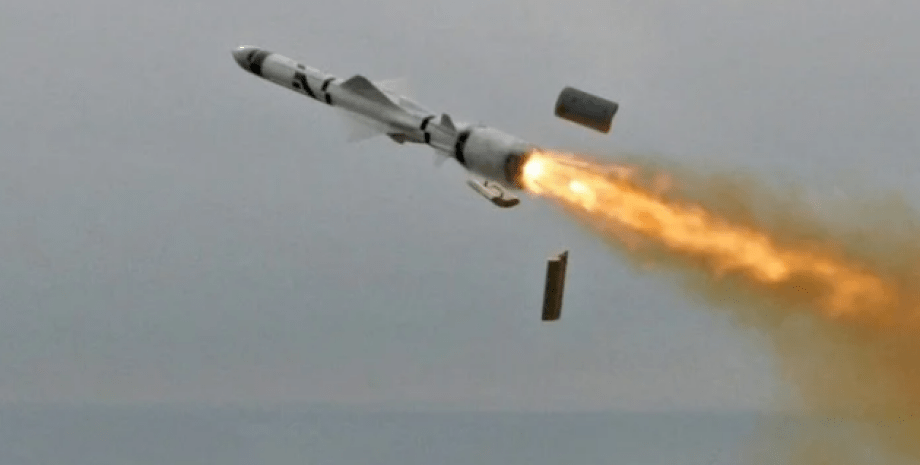
 By Natali Moss
By Natali Moss
He noted that the Armed Forces currently could not effectively knock down the Onyx missiles. These missiles, designed to destroy sea vessels, fly at a speed of more than 3000 km/h and can plan at low height above water when approaching the target, which complicates their detection and interception. The operation of air defense systems and the fight against such rockets requires the use of radio electronic fighting.
"It is difficult to deal with such rockets, which is why it complicates the work of air defense. But it is possible to influence their work, after all, the same means of radio electronic struggle. Not all these missiles come to the target, but some coming," Ignat said. In addition, Ignat reported that during a massive attack on Ukraine, on July 20, Russian troops also used Iskander-K missiles, which were not used during the shelling of July 19.
This is confirmed by the fact that the enemy uses various types of ammunition in his combined attacks. Yuri Ignat expressed his hope for strengthening and providing the southern regions of Ukraine with ballistics, especially our port cities, to protect them from Onyx and X-22 missiles. "Since the X-22 flies in the ballistic trajectory when it goes on the target. Therefore, such Patriot or SAMP-T systems could protect this region," Ignat said.










All rights reserved IN-Ukraine.info - 2022